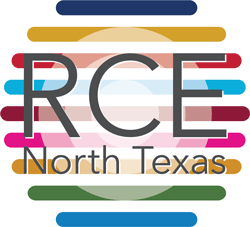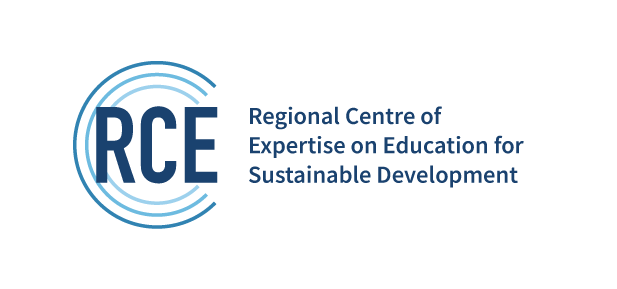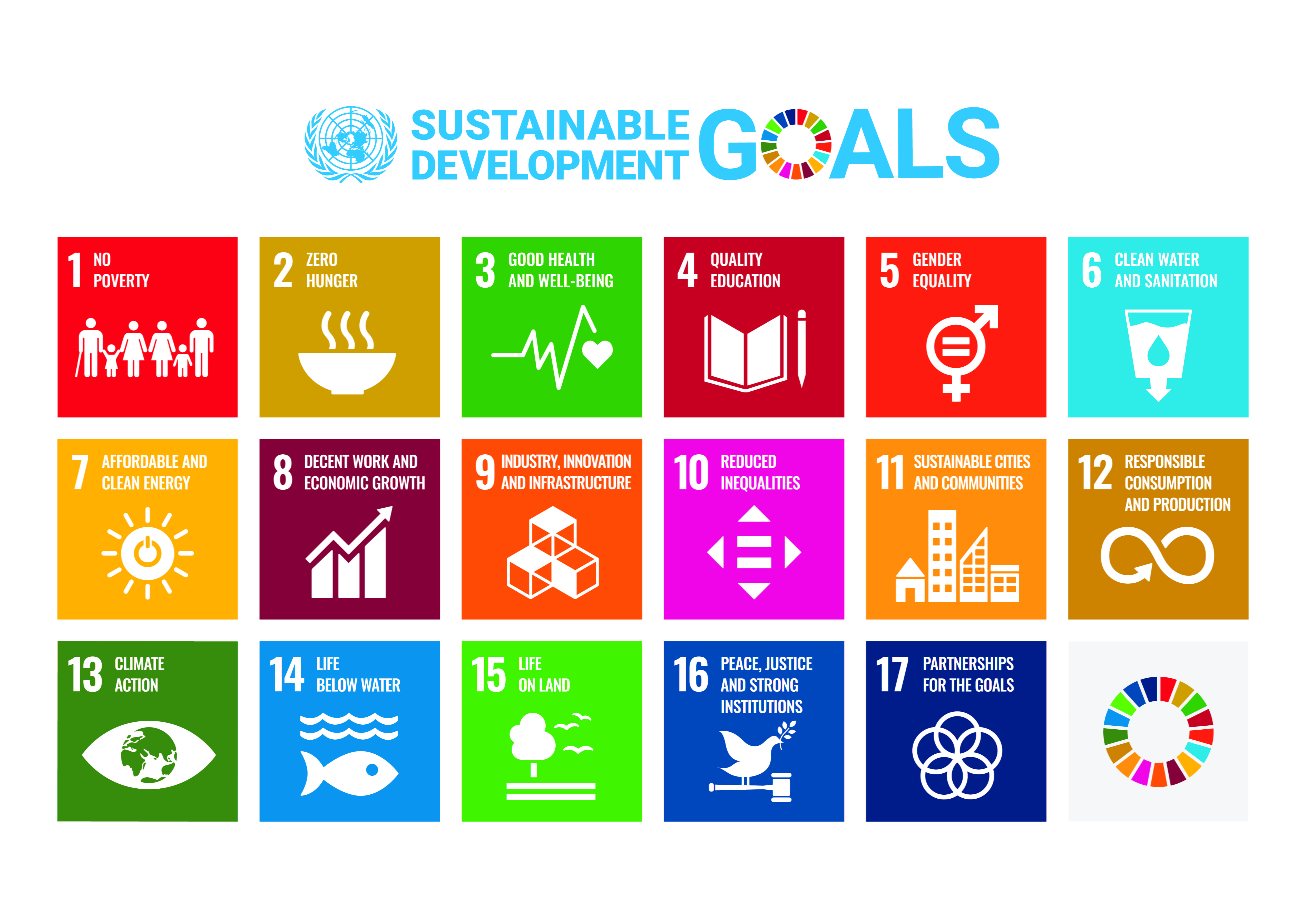Address:
601 W. Nedderman Drive, Suite 105
Arlington, TX, 76019-0108
RCE North Texas

RCE North Texas
What is Education for Sustainable Development (ESD)?
With a world population of 7 billion people and limited natural resources, we, as individuals and societies need to learn to live together sustainably. We need to take action responsibly based on the understanding that what we do today can have implications on the lives of people and the planet in future. Education for Sustainable Development (ESD) empowers people to change the way they think and work towards a sustainable future.
UNESCO aims to improve access to quality education on sustainable development at all levels and in all social contexts, to transform society by reorienting education and help people develop knowledge, skills, values and behaviors needed for sustainable development. It is about including sustainable development issues, such as climate change and biodiversity into teaching and learning. Individuals are encouraged to be responsible actors who resolve challenges, respect cultural diversity and contribute to creating a more sustainable world.
Education for Sustainable Development (ESD) is recognized as a key element of quality education and a crucial enabler for sustainable development. The Sustainable Development Goals (SDGs) adopted by the global community recognize the important of education in achieving their targets by 2030. Target 4.7 of SDG 4 on education specifically addresses ESD and related approaches.
ESD entails including key sustainable development issues into teaching and learning and requires innovative, participatory teaching and learning methods that empower and motivate learners to take action for sustainable development. ESD promotes skills like critical thinking, understanding complex systems, imagining future scenarios, and making decisions in a participatory and collaborative way.
What is a Regional Centre of Expertise?
Sustainability Education, also known as Education for Sustainable Development (ESD), is recognized as a critical tool for the transition to sustainable development particularly since the United Nations Conference on Environment and Development (UNCED) in 1992, a framework for action, was agreed by 178 member states.

In 2002, 191 member states got together in Johannesburg in South Africa to assess the progress of the outcomes at the World Summit on Sustainable Development (WSSD). They also reviewed and renewed member states' commitments in the Johannesburg Plan of Implementation. UN General Assembly also adopted a resolution announcing the Decade of Education for Sustainable Development (UNDESD, 2005-2014) with the initiative of the Japanese government, and the United Nations Scientific and Cultural Organization (UNESCO) was assigned as the lead agency for accelerating the efforts of member states toward ESD.
In 2003, in response to the UN resolution on the UNDESD, the United Nations University Institute for the Advanced Study of Sustainability (UNU-IAS) launched the ESD project, including a global multi-stakeholder network of the Regional Centers of Expertise on ESD (RCEs). An RCE is an existing formal, non-formal and informal organization that facilitates learning towards sustainable development in local and regional communities. As of December 2018, 168 RCEs have officially been acknowledged by the United Nations University worldwide.

ESD is recognized as a key element of the 2030 Agenda for Sustainable Development and aims to bring behavior changes to promote sustainability and it is critical to protect natural resources of the planet for future generations. There are cities and regions promoting sustainability throughout the United States, and there are various sustainability initiatives and projects implemented by the city government, NGOs, private sectors and individuals.
An RCE can connect all these actors and accelerate collective impacts over the region, and also provides opportunities to impact the global policies such as GAP on ESD and SDGs through the UN platforms provided by the headquarter of RCEs, UNU. It can also connect the region with other 154 RCEs worldwide to work together and share experiences and challenges of projects on biodiversity, sustainable consumption and production, climate change, engaging youth, promoting higher education, etc. It is valuable to analyze the needs and benefits for establishing an RCE by scaling up local efforts to promote sustainability, increase awareness of ESD, and accelerate collaboration and collective impact.
Measuring progress towards the 17 Sustainable Development Goals and the poster.
